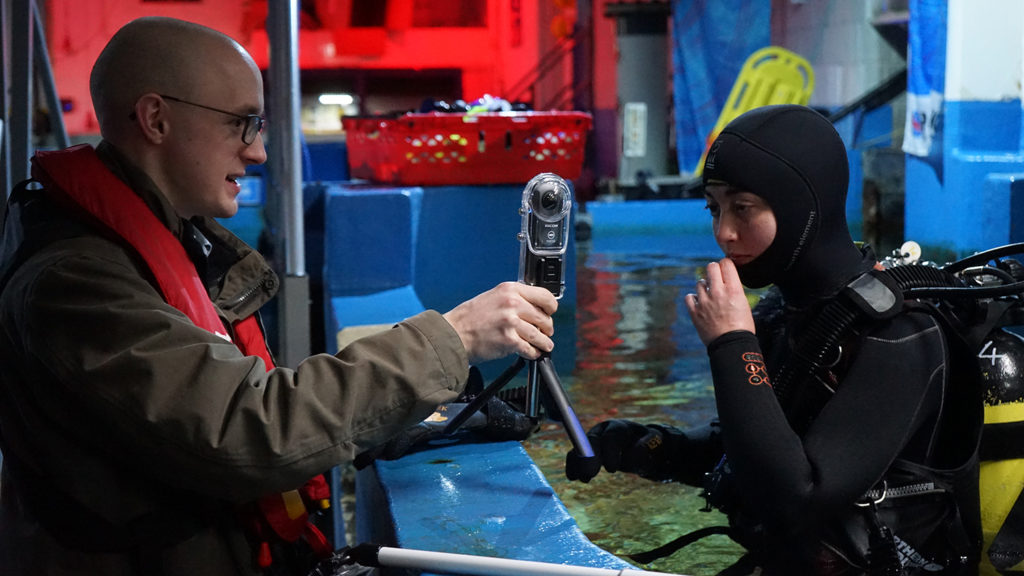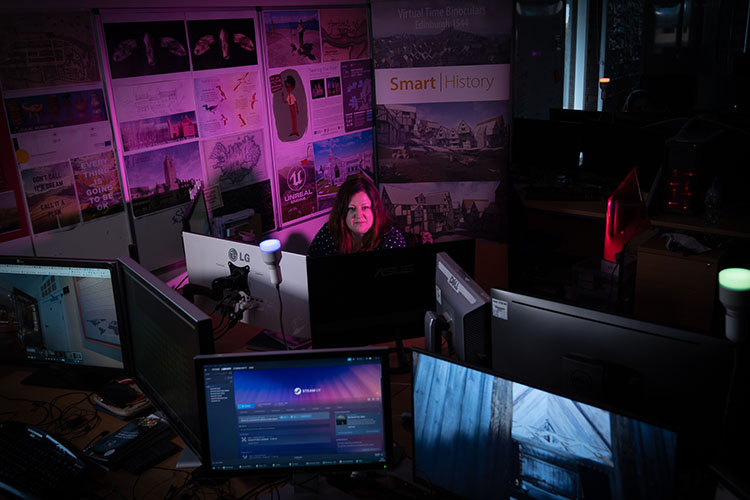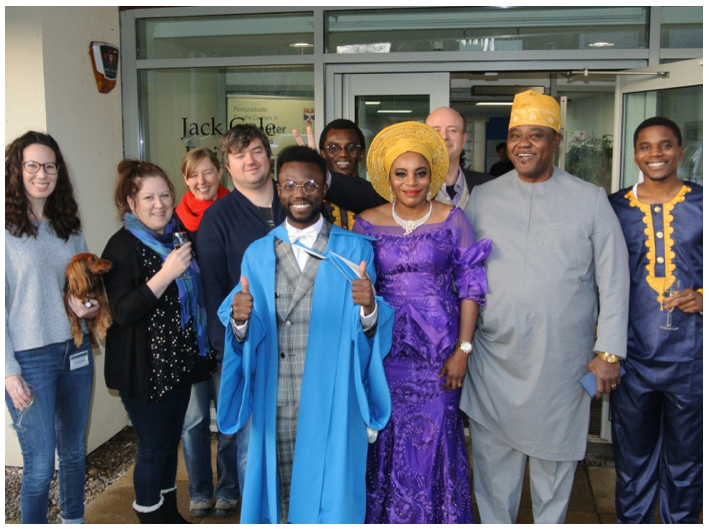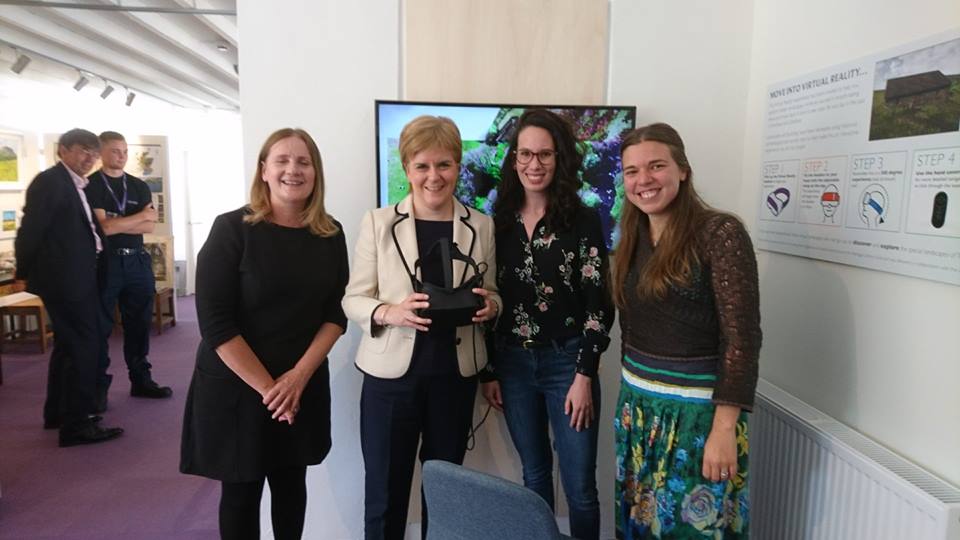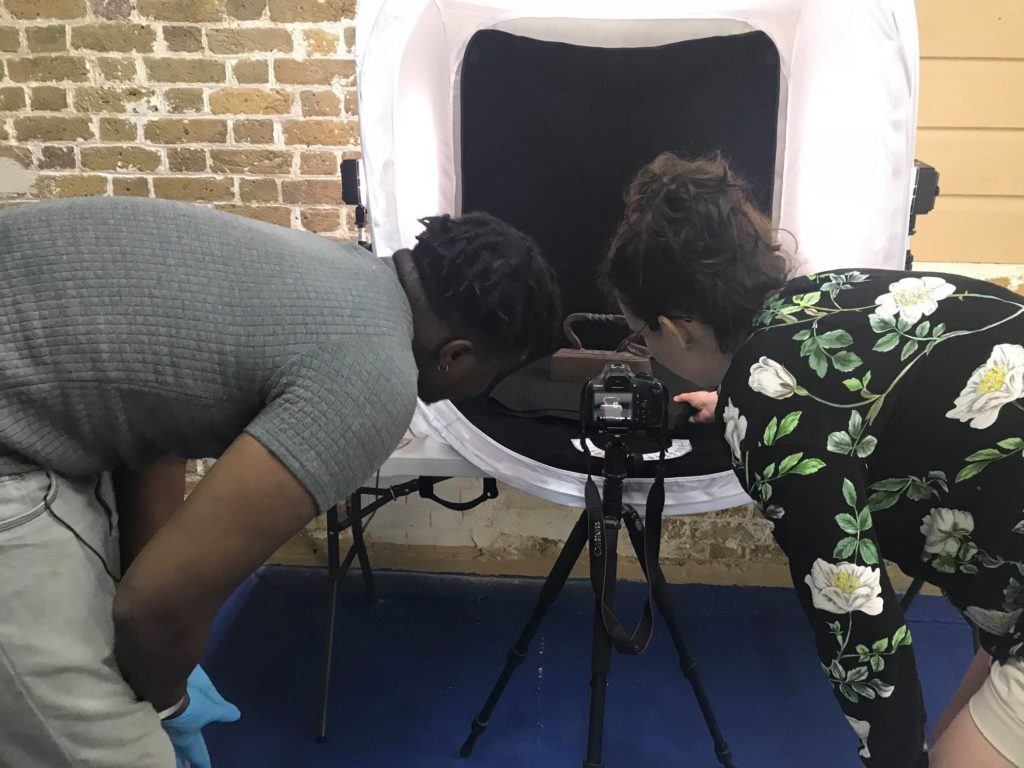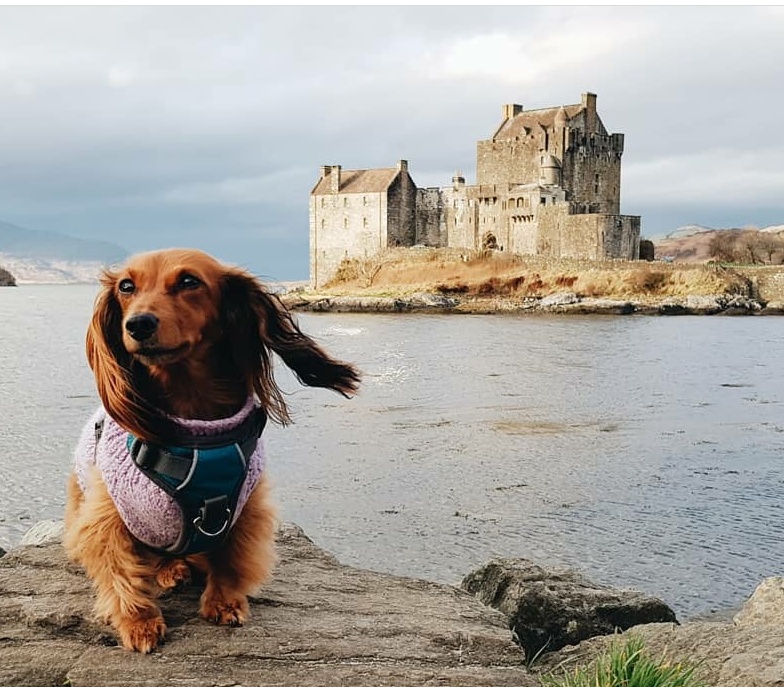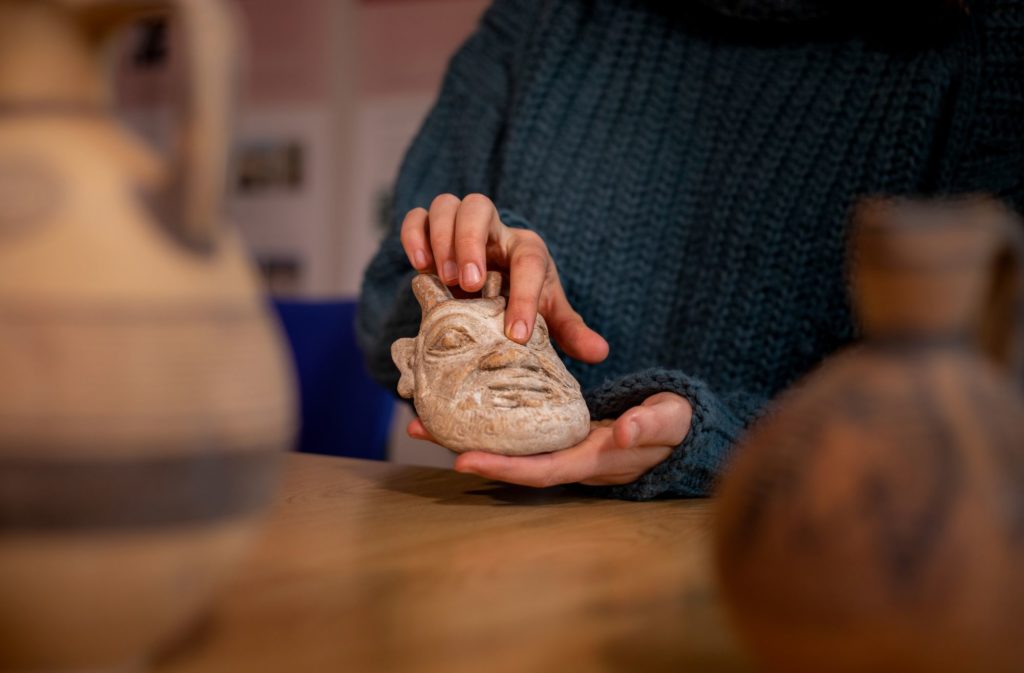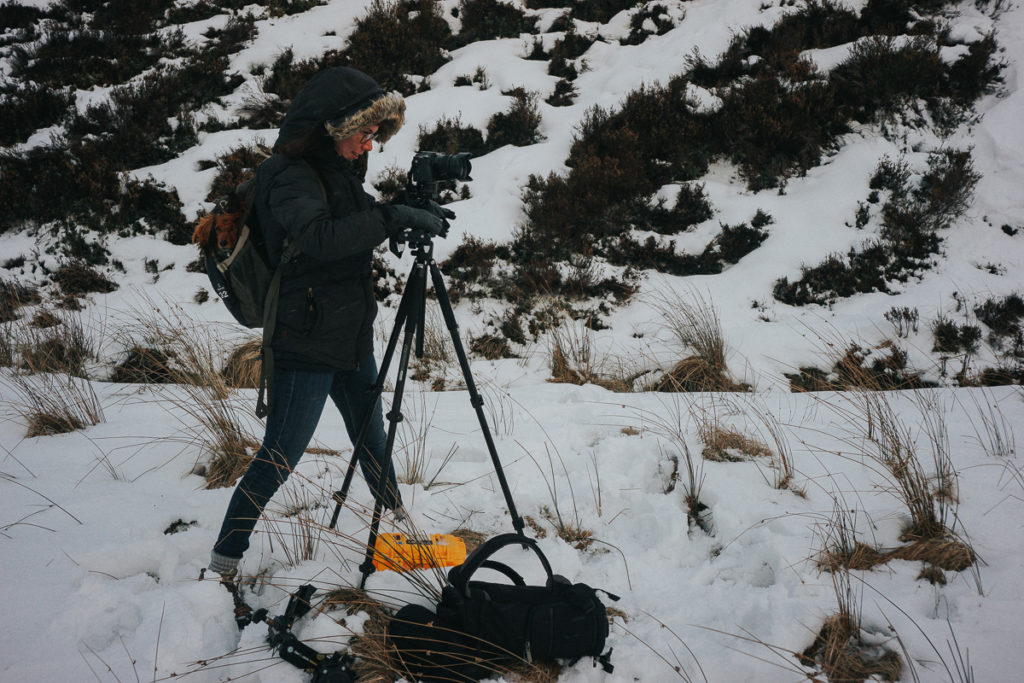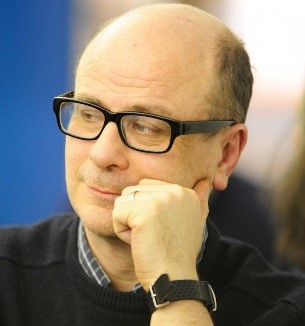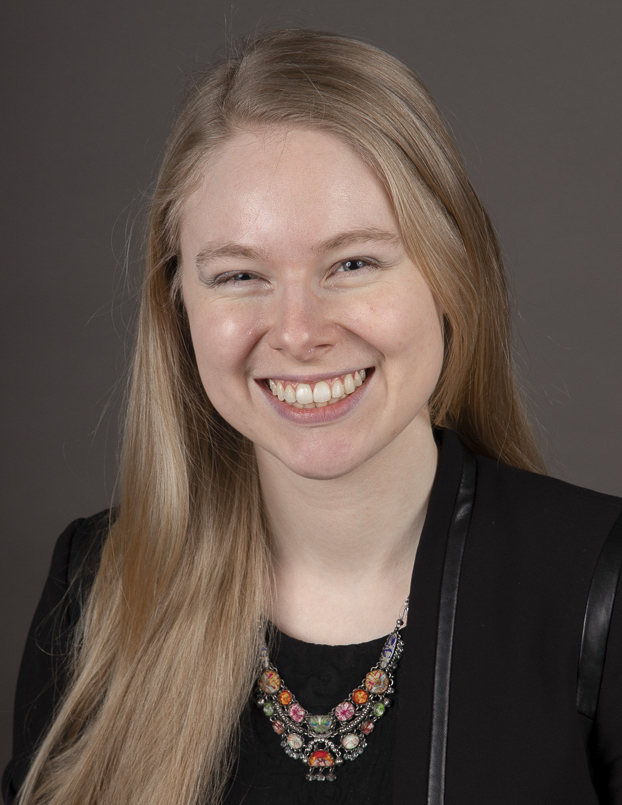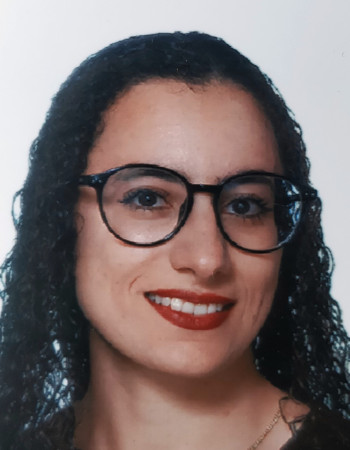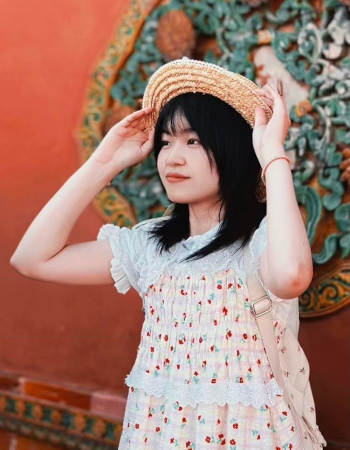Dr Alan Miller
Alan Miller has been involved in the use of Virtual World technologies for Cultural Heritage for over 10 years. He is a member of the Open Virtual Worlds (OVW) research group at the University of St Andrews and co-CEO of Smart History, a spin-out company specialising in the application of emergent technologies to the promotion, interpretation and preservation of tangible and intangible cultural heritage. Prior to that his research was focused around the complementary strands of real-time multimedia operating systems and technology-enhanced learning, so the move into Immersive Learning was quite natural. Current projects include “Virtual Binoculars” which support virtual tours of locations remote in time or space and as part of the EU-LAC Museums project the Open Virtual Worlds Group are working with Museums in Latin America and Europe to develop a virtual museum, which integrates the use of 3D environments, spherical and established media to enable the creation of engaging and groundbreaking exhibits. The Digi-tourist project of Northern Peripheries and Arctic Programme, OVW are working with museums in Norway, Iceland and Scotland to enable live, remote and interactive virtual reality tours.
Dr Alan Miller
Alan Miller has been involved in the use of Virtual World technologies for Cultural Heritage for over 10 years. He is a member of the Open Virtual Worlds (OVW) research group at the University of St Andrews and co-CEO of Smart History. Publications.
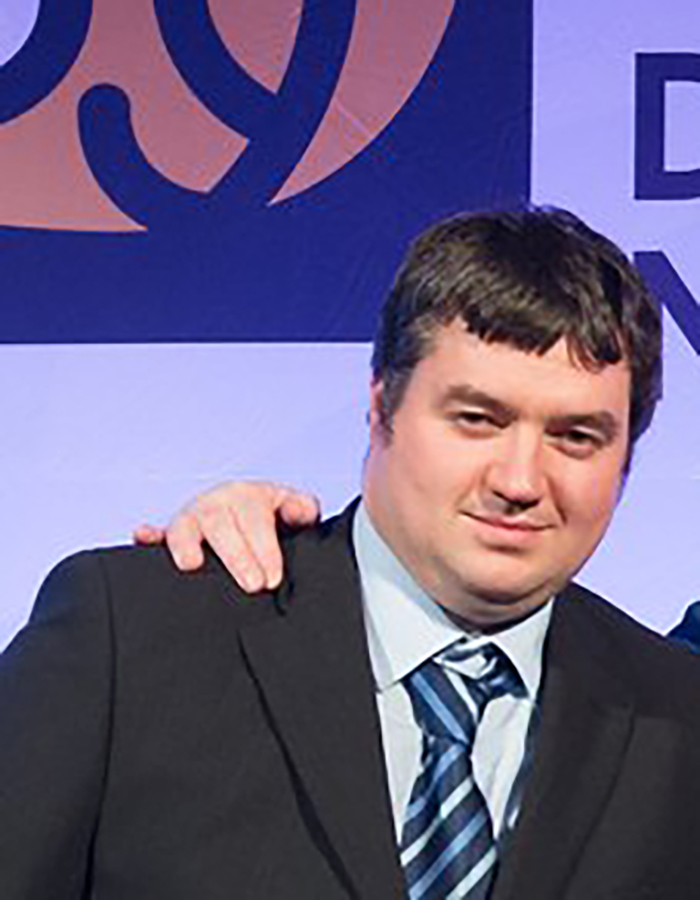
Dr Iain Oliver
Iain Oliver has been involved in the use of Virtual World technologies for Cultural Heritage for over 10 years. He is a member of the Open Virtual Worlds (OVW) research group at the University of St Andrews. Publications.
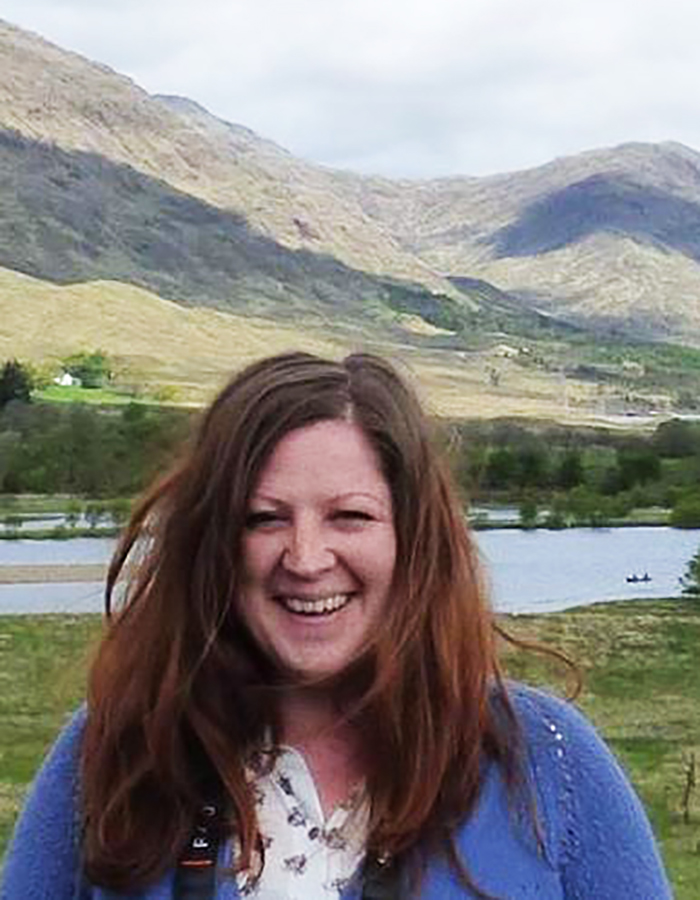
Sarah Kennedy
Sarah Kennedy has been involved in the use of Virtual World technologies for Cultural Heritage for over 10 years. She specialises in the creation of virtual visualisation scenes and videos.
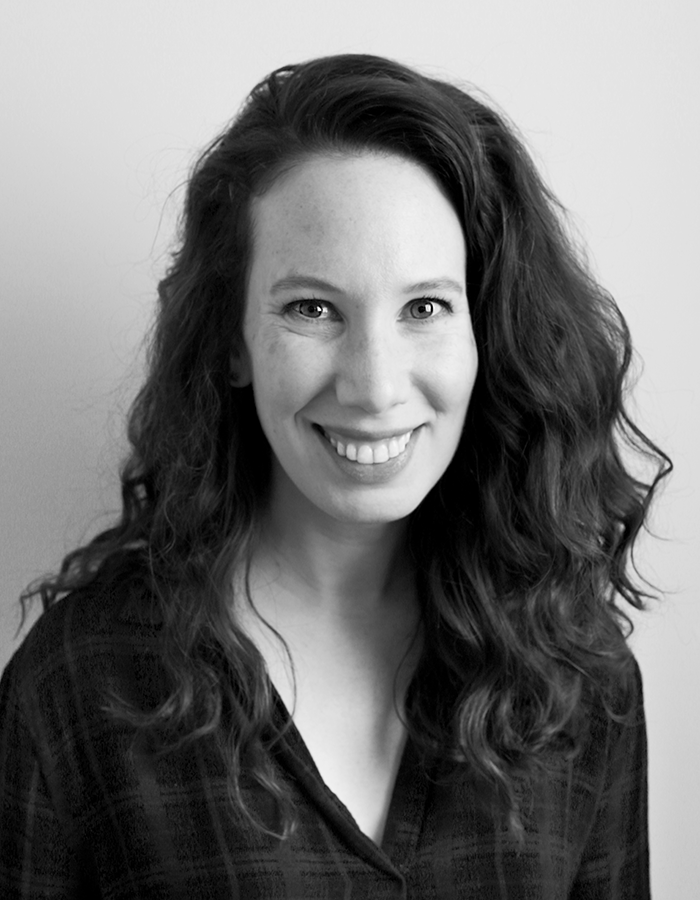
Dr Catherine Anne Cassidy
Catherine is a Research Fellow in the School of Computer Science researching technologies that preserve and promote heritage for communities and their museums. She specialises in digitisation, digital curation, and exhibit design. She holds a master’s degree in Museum and Gallery Studies (dist). Publications.
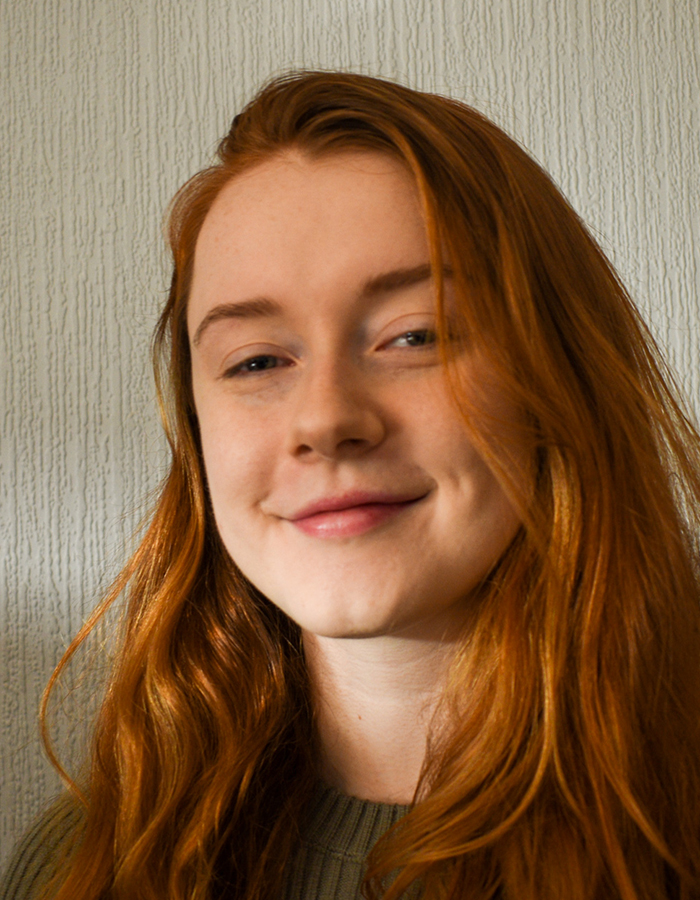
Lucy Hardie
Lucy Hardie has worked with the OVW team since the completion of her master’s degree in 2019. She specialises in character modelling and animations.
Dr Perin Westerhof Nyman
Perin Westerhof Nyman specialises in Scottish history and the history of dress and textiles. She is also a professional dressmaker and visual artist, and has extensive experience designing and constructing historical clothing and related material culture for museums and education. Publications.
